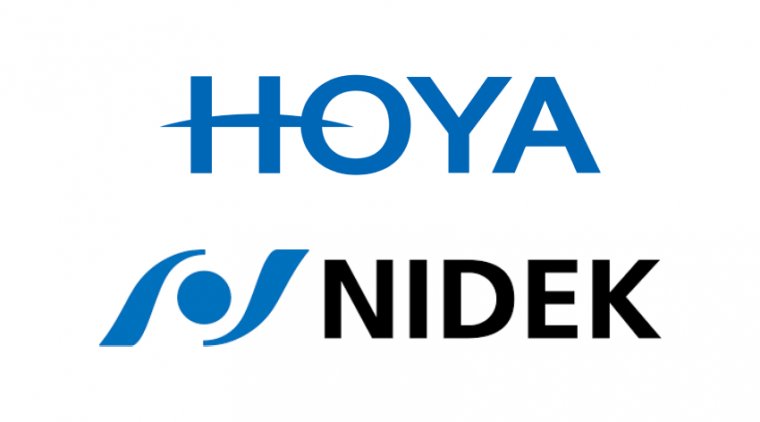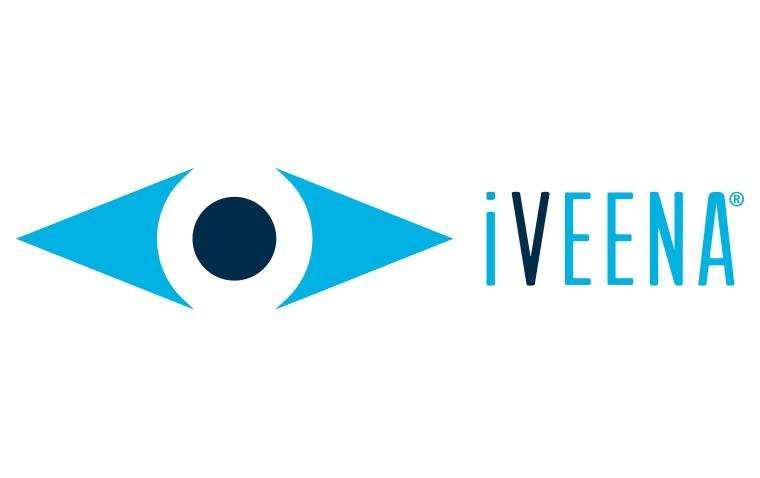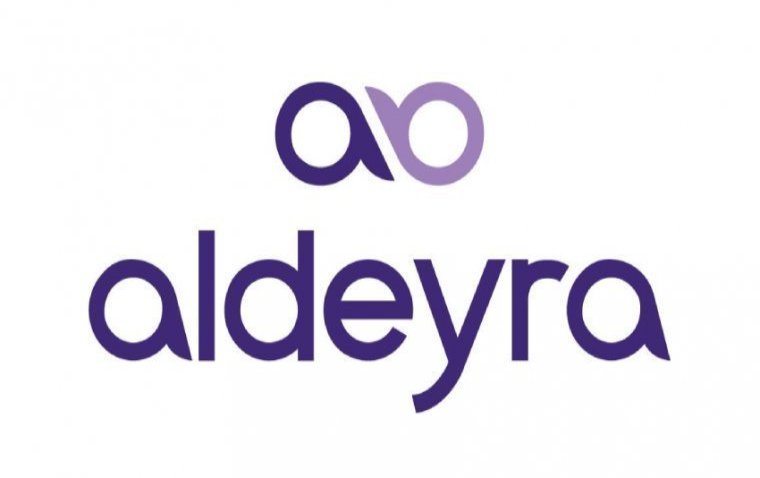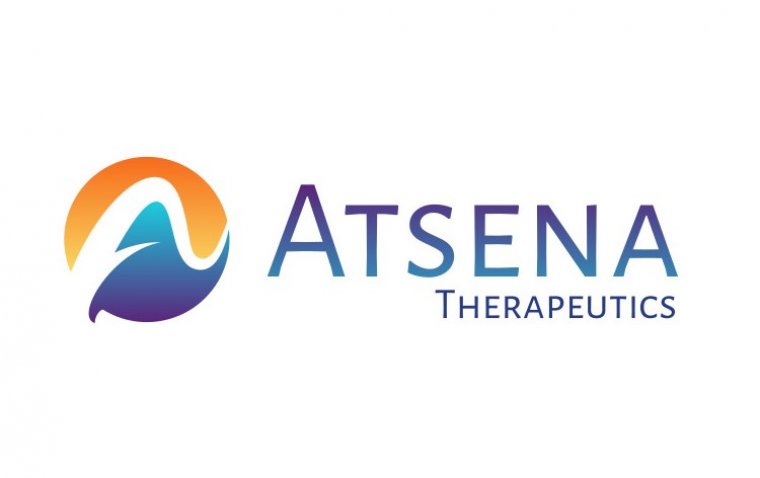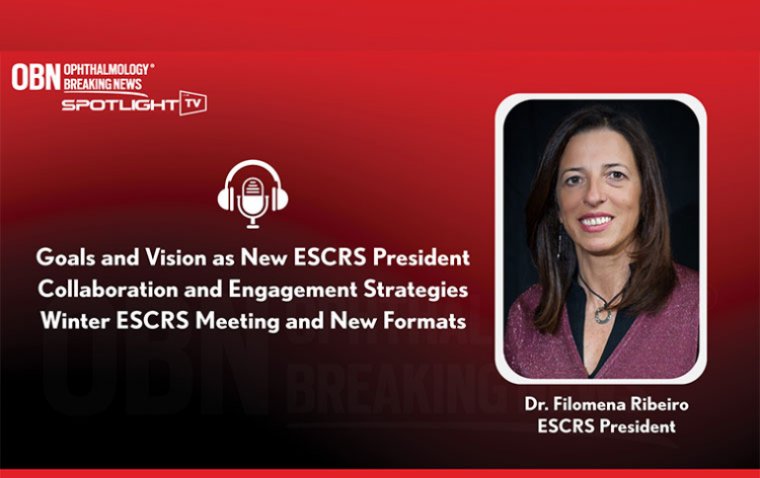
Ocular Therapeutix Announces First Patients Enrolled in Phase 3 Wet AMD Study
Ocular Therapeutix announced that the first patients have been enrolled in its Phase 3 SOL-R clinical trial. This study aims to assess the repeat dosing of AXPAXLI™ (axitinib intravitreal implant, also known as OTX-TKI) for treating wet age-related macular degeneration (wet AMD).
Details of the SOL-R Trial
The SOL-R trial is a global, 825-patient, non-inferiority study comparing AXPAXLI administered every six months (Q6M) with 2 mg aflibercept, dosed every eight weeks (Q8W), in patients with wet AMD. Additionally, a third arm evaluating 8 mg aflibercept dosed Q6M is included to ensure the study is adequately masked. The trial will evaluate AXPAXLI against the current standard of care under a repeat-dosing regimen.
Statements from Ocular Therapeutix Leadership
Pravin U. Dugel, MD, Executive Chairman, President, and Chief Executive Officer of Ocular Therapeutix, stated, “Our first Phase 3 trial, SOL-1, is intended to show that AXPAXLI can safely and durably maintain visual acuity in patients with wet AMD. SOL-R is intended to build on that by providing physicians with important evidence regarding the potential to re-dose AXPAXLI every six months, which better aligns with a likely ‘real world’ experience.”
Dugel further explained that SOL-R will initially enroll patients who do not qualify to be randomized in SOL-1 and will subsequently open to direct enrollment of treatment-naïve patients or those diagnosed with wet AMD within three months prior to enrollment. “Patients enrolled in SOL-R are similar to those enrolled in our successful U.S. Phase 1 study, with further enrichment through multiple aflibercept loading doses. Further, these patients are evaluated to limit retinal fluid fluctuations between visits prior to randomization, increasing our confidence in the study’s potential success,” Dugel added.
Expert Opinions on the Trial's Significance
Dr. Arshad M. Khanani, MD, MA, FASRS, Director of Clinic Research at Sierra Eye Associates in Reno, Nevada, commented on the study’s significance: “There is increasing evidence that pulsatile VEGF suppression may result in OCT fluctuations that could lead to poor long-term visual outcomes. Even with new therapeutics entering the wet AMD market, the need for a durable and sustained treatment is substantial for many of my patients. The SOL-R study is critically important because results from this large, repeat-dosing study may provide the retina community with insight on how AXPAXLI may be used in our practices.”
Khanani also highlighted the benefit of providing an opportunity for patients who do not qualify for SOL-1 randomization to participate in SOL-R and noted that the trial’s design for AXPAXLI re-treatment at six months aligns with preferred scheduling for wet AMD patients. “That said, it is not uncommon to reschedule appointments, leaving more time in between visits. Fortunately, SOL-1 is designed to generate valuable evidence to determine the ultimate durability of a single AXPAXLI implant. Together, these trials aim to provide a comprehensive picture of the flexibility of dosing intervals to meet individual patient needs,” Khanani concluded.
About AXPAXLI
AXPAXLI™ is an investigational bioresorbable hydrogel implant incorporating axitinib, a multi-target tyrosine kinase inhibitor with anti-angiogenic properties, and is being evaluated for the treatment of wet AMD, diabetic retinopathy, and other retinal diseases.
About the SOL-R study
The Phase 3 SOL-R trial (NCT06495918) is a multi-center, double-masked, randomized (2:2:1), three-arm study involving sites in the U.S. and globally. Approximately 825 treatment-naïve patients or those diagnosed with wet AMD in the study eye within three months prior to enrollment will be randomized. The one-year non-inferiority study includes a patient enrichment strategy with multiple loading doses of aflibercept and monitoring to exclude those with significant retinal fluid fluctuations.
In the trial, one group will receive a single dose of AXPAXLI on Day 1 and be re-dosed at Week 24, another will receive aflibercept (2 mg) every 8 weeks, and the third group will receive a single dose of aflibercept (8 mg) at Day 1 and re-dosed at Week 24. Subjects in any arm meeting pre-specified rescue criteria will receive a supplemental dose of aflibercept. The primary endpoint of the study is the non-inferiority in mean best corrected visual acuity (BCVA) change from baseline between the AXPAXLI and on-label aflibercept (2 mg) arms at one year.
(1).jpg)
